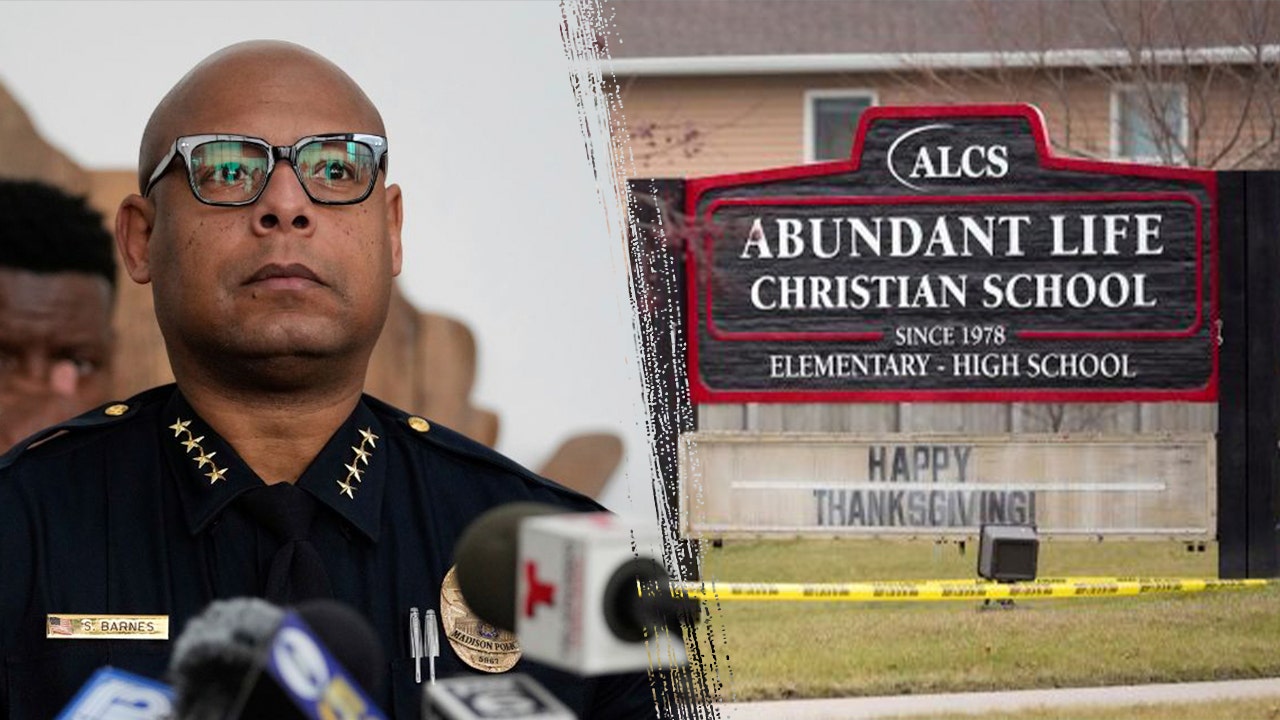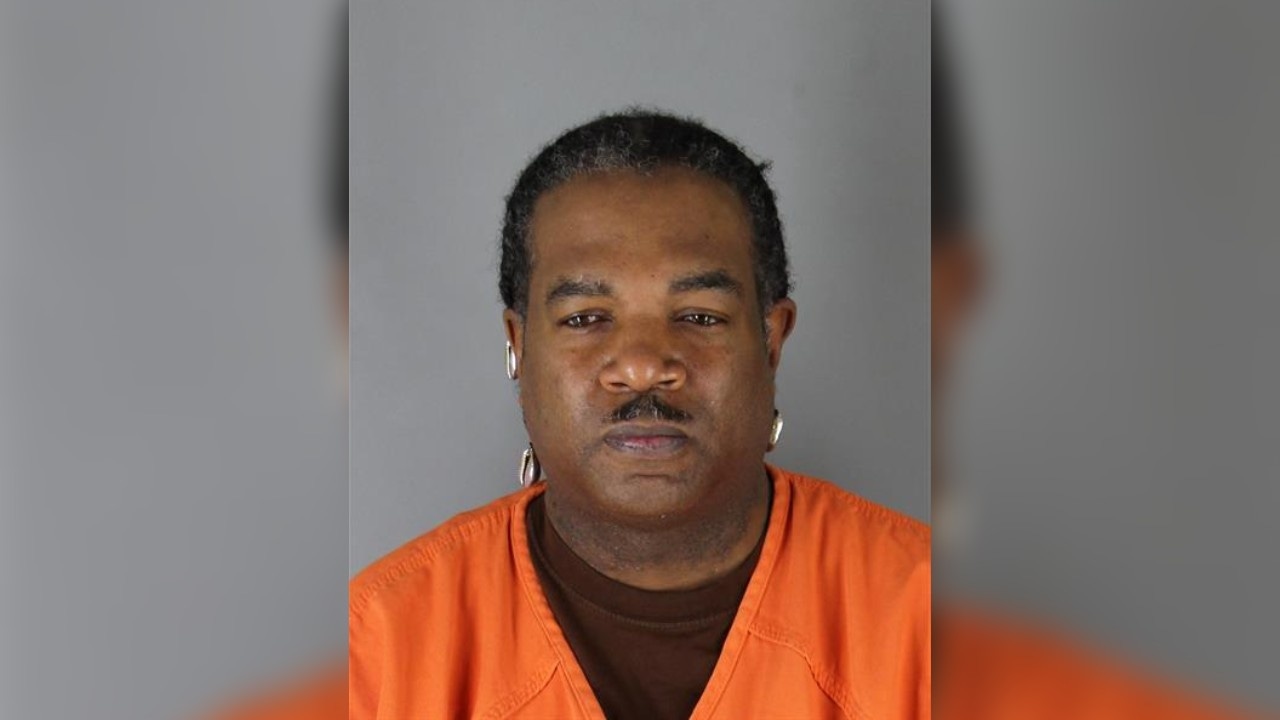Benjamin Braam has already decided a recent Wisconsin Supreme Court ruling means he can stop recharging an electronic tracking bracelet the state forced him to wear for the rest of his life.
The high court’s decision involved a case unrelated to Braam, but it shot down the rationale that former Wisconsin Attorney General Brad Schimel used to justify the lifetime monitoring of one-time sexual offenders even after they completed their sentences and were no longer under court-ordered supervision.
Authorities from the state Department of Corrections “called me and said I had to charge it and I told them I would no longer be charging it,” Braam said. “They need to remove it. They need to go through every case since Schimel made that opinion and reevaluate them.”
Braam was discharged from prison in early 2018 without probation or parole, meaning he was completely free from the Department of Corrections. But in October that year, Braam joined more than 180 people who received a notice from the department that they had to wear GPS monitoring bracelets for as long as they lived. Braam said the notice gave him five days to put on the GPS monitoring bracelet or he could be found non-compliant with the sex offender registry, which can carry penalties of up to six years in prison and a $10,000 fine.
Leaders of the state Department of Corrections still haven’t decided whether to call off their orders for Braam and the others in light of the recent decision.
“DOC is still reviewing the ruling and the potential impact,” Corrections spokesperson John Beard told the Cap Times, weeks after the Supreme Court ruled May 23 that the state could not treat multiple counts of sexual assault in one conviction as repeat offenses.
Braam said the DOC agents offered to come out to his house and put a newer model of the GPS bracelet on him.
“I said no,” he said. “I told them they’re welcome to come take this one off, but I’m not putting the new one on. I made them aware of the court case and told them that’s my reasoning.”
Braam is a 45-year-old Racine man who was convicted on two counts of second-degree sexual assault of a minor under 16 from an incident that happened in 2000, when he was 21. The two counts both involved the same victim and occurred at the same time, and Braam was convicted of both counts in a single hearing.
The Department of Corrections based the lifetime tracking on Schimel’s interpretation of a 2006 state law, which classified people who had sex offense convictions on two or more separate occasions as “special bulletin notification” offenders — triggering notification of law enforcement when they change addresses.
In September 2017, Schimel issued a formal opinion in response to a request from then-Corrections Secretary Jon Litscher. Litscher had asked whether the “special bulletin notification” statute applies when a person has multiple criminal convictions that occur at the same time or stem from the same criminal complaint.
Former Wisconsin Attorney General Brad Schimel’s interpretation of a 2006 law resulted in lifetime GPS tracking of more than 180 people who had completed their sentences and were no longer on probation or parole.
Schimel, a Republican who was defeated in the 2018 election for attorney general by Democrat Josh Kaul, interpreted special bulletin offenders as anyone who has been convicted of multiple counts of an offense even if all of the convictions took place in the same hearing.
Most sex offenses and other violent offenses include multiple “counts.” For example, a person convicted of battery in a bar fight might receive counts for all the times they punched someone, or a person charged with possession of child pornography might be convicted of a separate count for each photo they downloaded.
Traditionally, when that person is found guilty by a jury or judge of all the counts, they would be understood to have been convicted on one occasion in a single hearing on a single day. Schimel’s interpretation conflicted with that traditional interpretation.
Supreme Court looks at ‘plain’ meaning of words
On May 23, the Wisconsin Supreme Court ruled in favor of a defendant named Corey T. Rector, who was challenging an attempt by the Department of Corrections to have him register as a sex offender for life.
Rector was convicted in 2018 of five counts of child pornography. He was sentenced to eight years in prison and 10 years of extended supervision in Kenosha County. He was also required by the court to register as a sex offender for 15 years.
The Department of Corrections asked Kenosha Circuit Court Judge Jason A. Rossell to amend the sentence because the state believed Rector needed to register for life. Rossell denied the motion, saying Rector did not need to register for life because his convictions did not occur on separate occasions but rather during a single hearing on a single day.
The state agency, now led by Corrections Secretary Kevin Carr, appealed that decision and argued in October before the state Supreme Court that Rector having been convicted of five counts essentially meant he had been convicted of child pornography on multiple occasions.

Wisconsin Supreme Court Justice Jill Karofsky drafted a majority decision that said a person found guilty one time of multiple criminal counts was not considered to have been convicted on separate occasions.
In its majority opinion, drafted by Justice Jill Karofsky, the Supreme Court wrote:
“We are tasked with interpreting the phrase ‘separate occasions’ and we determine that, in the context of this statute, the plain and ordinary meaning of ‘separate occasions’ does not refer solely to the number of convictions.
“Consequently, the circuit court did not err by ordering Rector to register as a sex offender for fifteen years rather than until his death because his five convictions for possession of child pornography were filed in a single case and occurred during the same hearing.”
The court said that “the plain and unambiguous meaning of the phrase separate occasions … means that convictions occurring during the same hearing do not constitute convictions on separate occasions.”
GPS malfunctions lead to jail time
James Kempinski, who lives in Elkhorn, says he has been to jail four times as a result of malfunctions with his GPS monitoring bracelet.
Kempinski, who was convicted of two counts of second-degree sexual assault of a minor in 1998, was placed on lifetime GPS when he was released from prison in 2019. Kempinski said the DOC told him he had to wear the bracelet until he died because they considered his case to be multiple convictions, citing Schimel’s interpretation as its logic.
As a result, he said, he’s been incarcerated multiple times with no new crimes and no court orders.
“You end up getting booked and going to jail until your probation/parole officer comes and gets you out … which can cause you to lose your job or miss medical appointments,” Kempinski said. “Why doesn’t DOC have an employee that goes and does repairs instead of guys going to jail for something that is out of their control?”

Wisconsin’s lifetime GPS monitoring policy for sex offenders is the subject of two lawsuits.
A department spokesperson said the trips to jail are within the agency’s policies and the law.
“When there’s an interruption of a GPS device signal, DOC staff respond by either contacting the individual wearing the device, the agent of record or law enforcement,” said Kevin Hoffman, the spokesman contacted by the Cap Times in response to Kempinski’s complaint. “If the person is on supervision, an apprehension request may be issued as the person is no longer being actively monitored.”
Police are not responsible for determining whether the device is simply malfunctioning or has been tampered with, Hoffman said.
Kempinski differs from Braam in that he is still on active community supervision. However, he similarly was placed on lifetime GPS retroactively with no such decision from a judge. He is expected to continue wearing the bracelet after his supervision ends, with no apparent recourse or review.
“My conviction was in 1998,” Kempinski said. “I wasn’t sentenced to this and this bracelet wasn’t even thought of when I was incarcerated. I have one conviction but it was multiple counts. They used that to say that’s why I needed to be on lifetime GPS.”
For offenders like Braam, the prospect of lifetime GPS tracking is more questionable because they are no longer on active community supervision. Without the restrictions of probation or parole, he has no rules governing his whereabouts. It’s unclear to him why he’s being monitored.
Braam is hoping the Department of Corrections will decide to end his lifetime sanction, even if he’s already taking matters into his own hands and letting his GPS device battery die.
“The ruling says that my case no longer falls under the opinion from the old attorney general,” he said, “so why am I still wearing it?”




























/cdn.vox-cdn.com/uploads/chorus_asset/file/25782636/247422_ChatGPT_anniversary_CVirginia.jpg)
/cdn.vox-cdn.com/uploads/chorus_asset/file/25789444/1258459915.jpg)

/cdn.vox-cdn.com/uploads/chorus_asset/file/25546252/STK169_Mark_Zuckerburg_CVIRGINIA_D.jpg)


/cdn.vox-cdn.com/uploads/chorus_asset/file/23951353/STK043_VRG_Illo_N_Barclay_3_Meta.jpg)